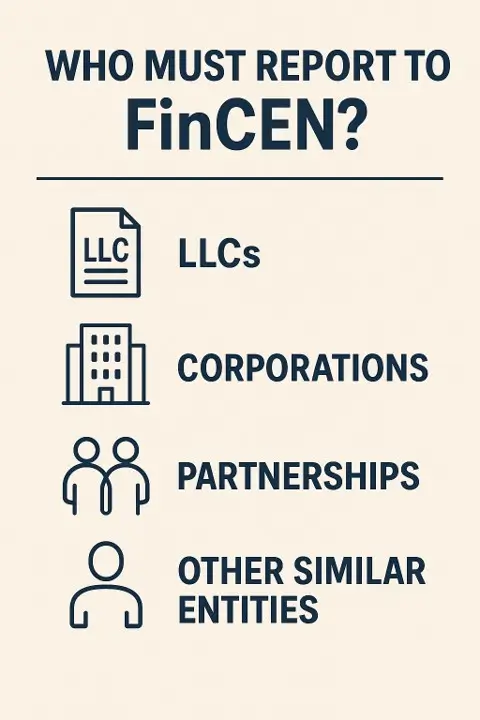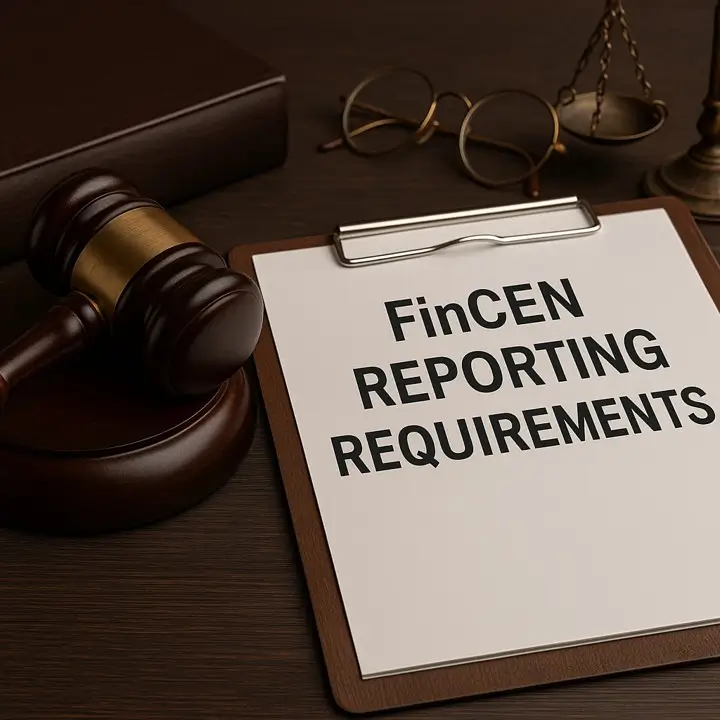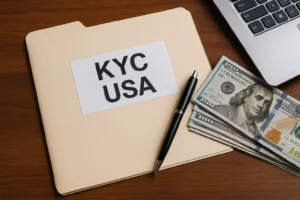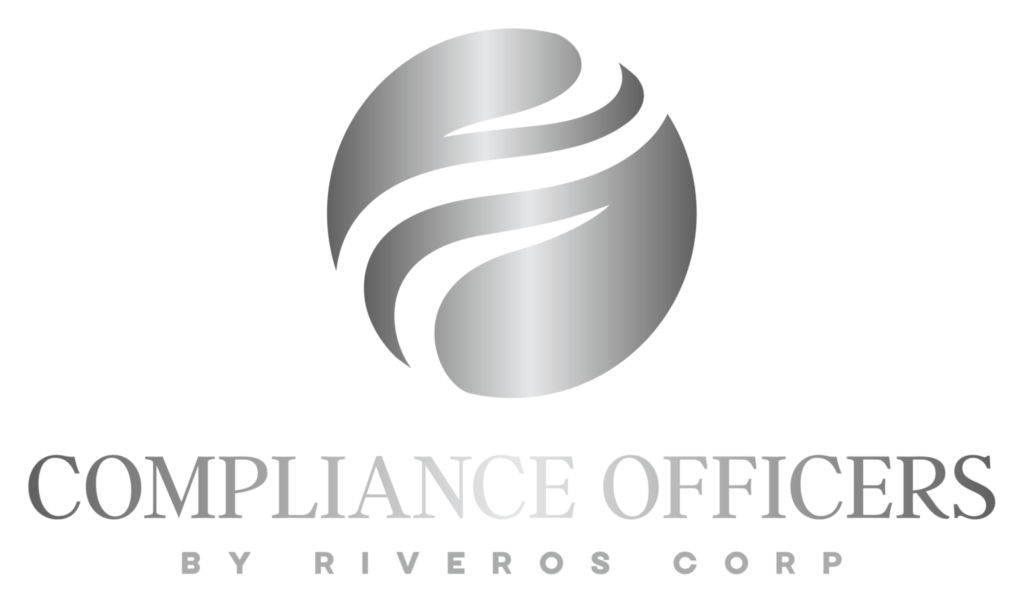The U.S. Treasury Department’s Financial Crimes Enforcement Network (FinCEN) is implementing major changes to corporate transparency regulations. Starting in 2025, many U.S. companies will be legally required to comply with new FinCEN reporting requirements by filing a Beneficial Ownership Information (BOI) report under the Corporate Transparency Act (CTA). Understanding these requirements is crucial to avoid severe penalties and ensure full compliance.
This article explores the 2025 FinCEN reporting requirements and explains how Compliance Officers can help small businesses and corporations stay compliant and avoid legal risks.
What Is the BOI Report?
The Beneficial Ownership Information (BOI) report is a new disclosure requirement designed to increase transparency in business ownership and combat illicit financial activity. Companies must report the identities of individuals who:
Own at least 25% of the company,
Exercise substantial control over the entity,
Or hold significant influence over its decisions.
FinCEN uses this data to detect and deter money laundering, terrorist financing, tax evasion, and other financial crimes.
Who Must Report to FinCEN?
Under the 2025 rules, most U.S. companies formed by filing a document with a secretary of state or similar office must file a BOI report. This includes:
Limited Liability Companies (LLCs)
Corporations (S-Corps and C-Corps)
Limited Partnerships (LPs)
Business trusts and similar entities

Exemptions
Some entities are exempt from BOI reporting, including:
-
Publicly traded companies
-
Regulated financial institutions (e.g., banks, insurance companies)
-
Large operating companies with more than 20 full-time employees, over $5 million in annual revenue, and a physical office in the U.S.
Who Is a Beneficial Owner?
A beneficial owner is any individual who:
-
Directly or indirectly owns 25% or more of the reporting company,
-
Exercises substantial control over the entity (e.g., CEO, CFO, or senior officers),
-
Makes significant decisions about finances or operations.
BOI Reporting Deadlines for 2025
Timelines for filing depend on when your company was created:
-
Existing companies (formed before January 1, 2025): Must file by January 1, 2026.
-
New companies (formed in 2025): Must file within 90 days of formation.
-
Updated reports: Any changes to ownership must be filed within 30 days of the change.
Penalties for Non-Compliance
Failing to report, or reporting false information, can result in:
-
Civil penalties of up to $500 per day (ongoing violations)
-
Criminal penalties: fines up to $10,000 and up to 2 years in prison
Recent Updates to FinCEN BOI Rules
As of March 2025, FinCEN introduced clarifications and minor changes to:
-
Simplify definitions of «substantial control»
-
Allow digital ID verification
-
Extend deadlines for certain entities (e.g., tribal-owned businesses)
These updates reflect stakeholder feedback and aim to ease the burden on small businesses while maintaining transparency goals.
Common Mistakes in BOI Reporting
Companies often face issues such as:
-
Misidentifying beneficial owners
-
Using outdated or incorrect ID documents
-
Missing filing deadlines
-
Assuming exemption without verification
Working with compliance experts can prevent costly errors.
How Compliance Officers Help Businesses Meet FinCEN Requirements
Compliance Officers play a pivotal role in helping businesses fulfill their FinCEN obligations. Their responsibilities include:
1. Assessing Applicability
They determine whether your entity must file a BOI report and which individuals qualify as beneficial owners.
2. Data Review and Risk Identification
They help evaluate your internal records to ensure all required information is accurate and up to date. Any risks related to missing or inconsistent ownership documentation are flagged early.
3. Ongoing Monitoring
They stay informed about updates to FinCEN rules and ensure your company adapts to changes in compliance obligations.
4. Regulatory Guidance
They interpret complex legal language into actionable requirements, guiding your company through what must be documented, stored, or disclosed.
5. Risk Mitigation
By identifying compliance gaps, they help you reduce exposure to fines, reputational harm, or criminal liability.
6. Internal Controls and Training
They support your team with documentation protocols and employee awareness on what needs to be monitored and updated regularly.
Why Small Businesses Need Compliance Support
For many small businesses, navigating federal compliance can be overwhelming. Professional assistance provides:
-
Peace of mind knowing you’re compliant
-
Protection against penalties and legal risk
-
A proactive approach to changing regulations
Conclusion
The FinCEN BOI reporting requirements mark a significant shift in business transparency. Understanding who must file, what data is required, and when to file is essential to staying compliant.
Partnering with Compliance Officers ensures your business meets its obligations confidently and efficiently.
FAQs About FinCEN Reporting
Q1: What if I don’t file the BOI report?
A1: You may face civil fines and even criminal charges.
Q2: Are BOI reports made public?
A2: No. Access is limited to federal and state law enforcement and certain financial institutions.
Q3: Do foreign-owned companies have to file?
A3: If registered in the U.S., they generally must comply.
Legal Disclaimer:
This article is provided for informational purposes only and does not constitute legal advice. The content herein is not intended to substitute professional legal consultation. For specific guidance regarding your individual circumstances, please consult directly with a qualified attorney licensed to practice in your jurisdiction.









